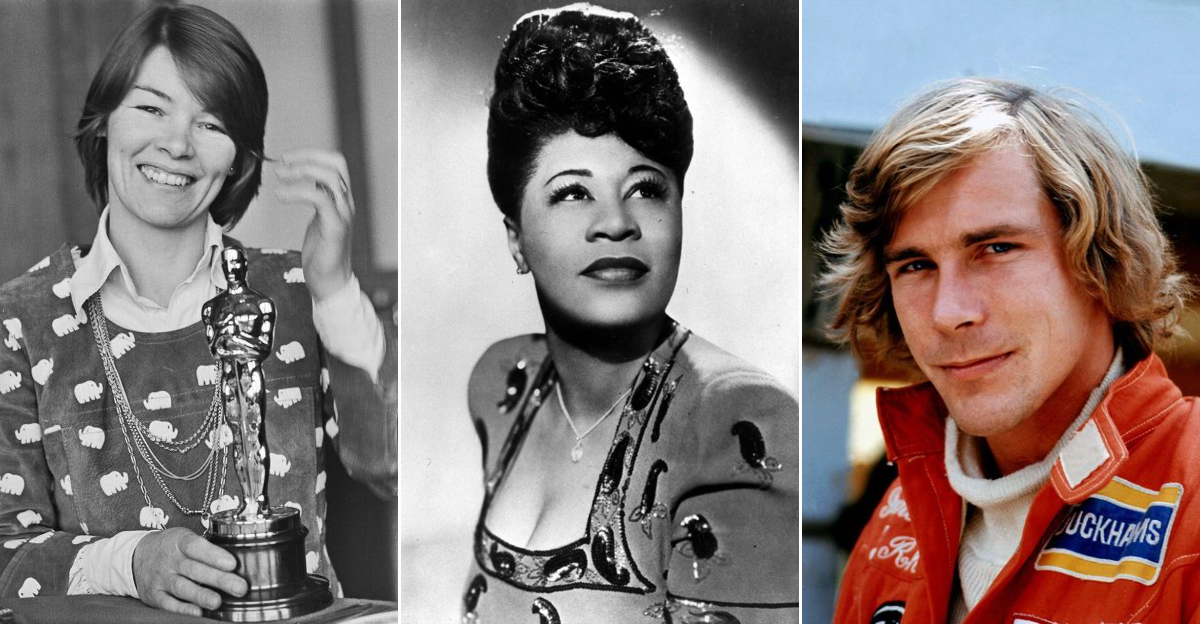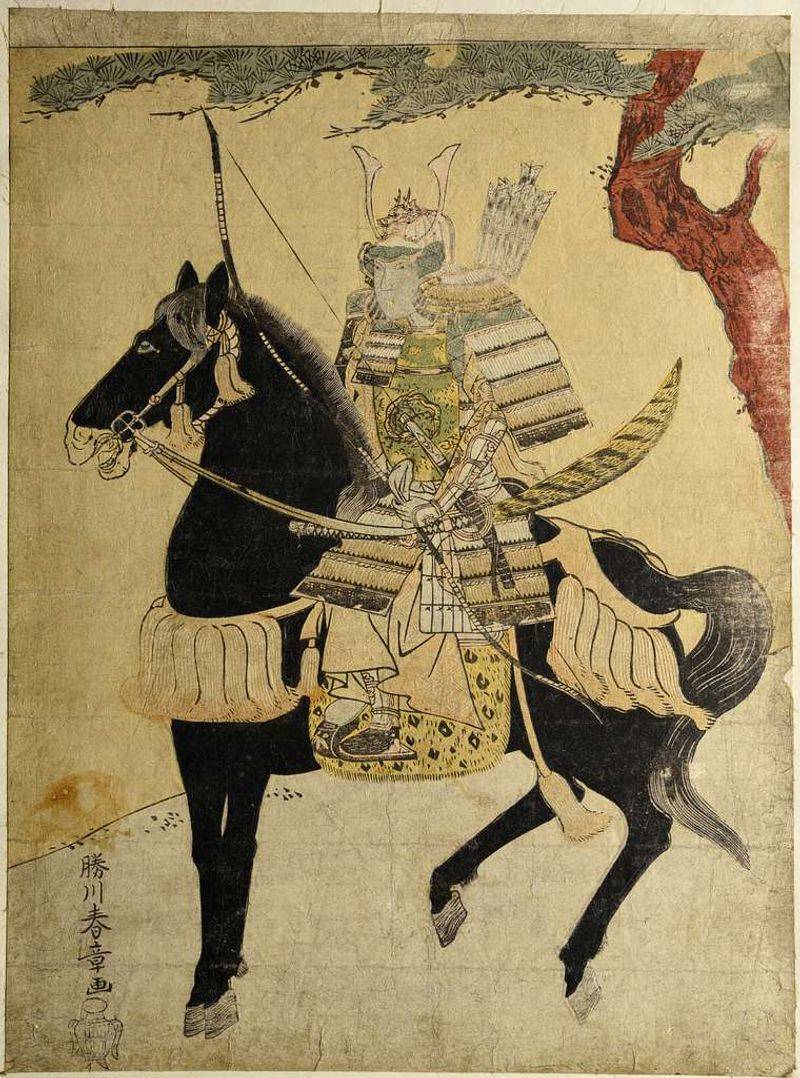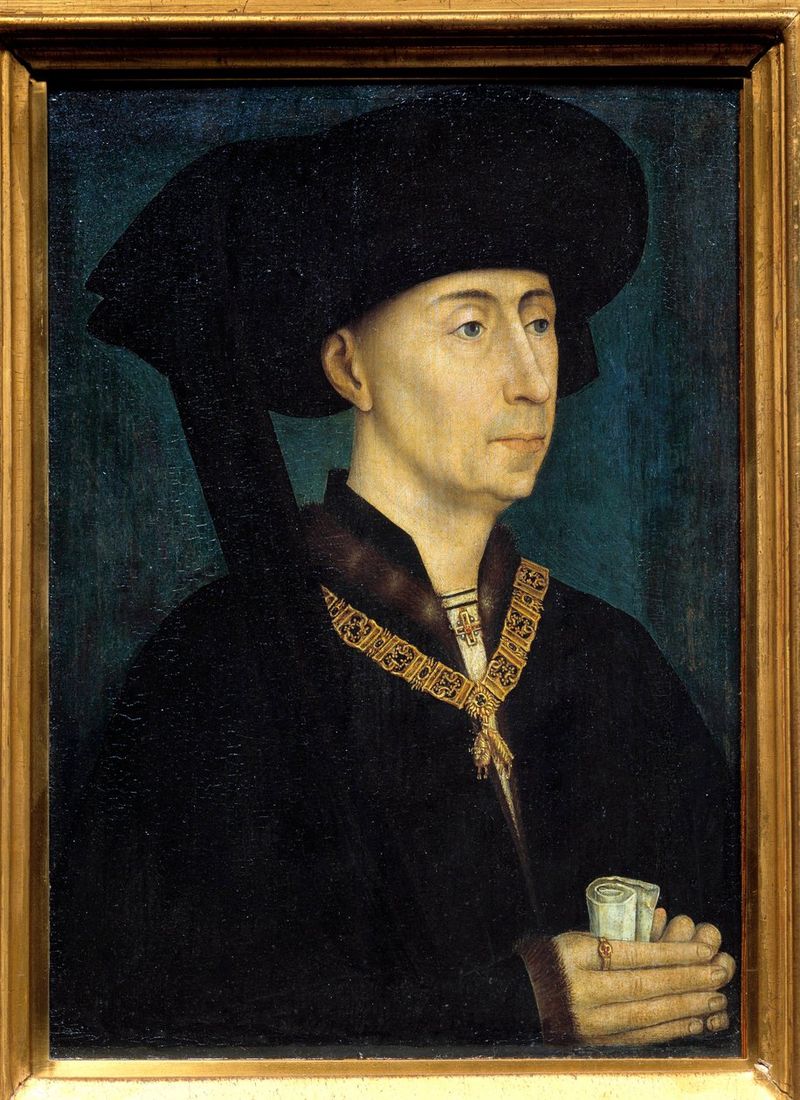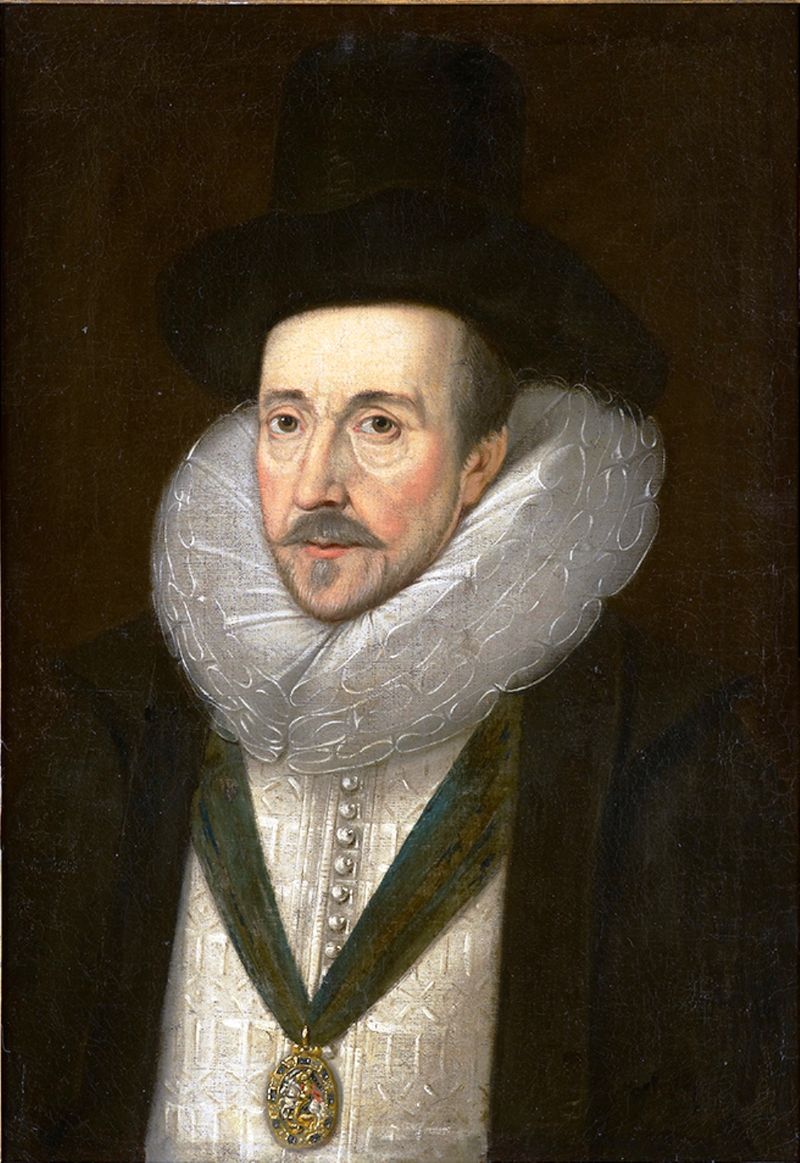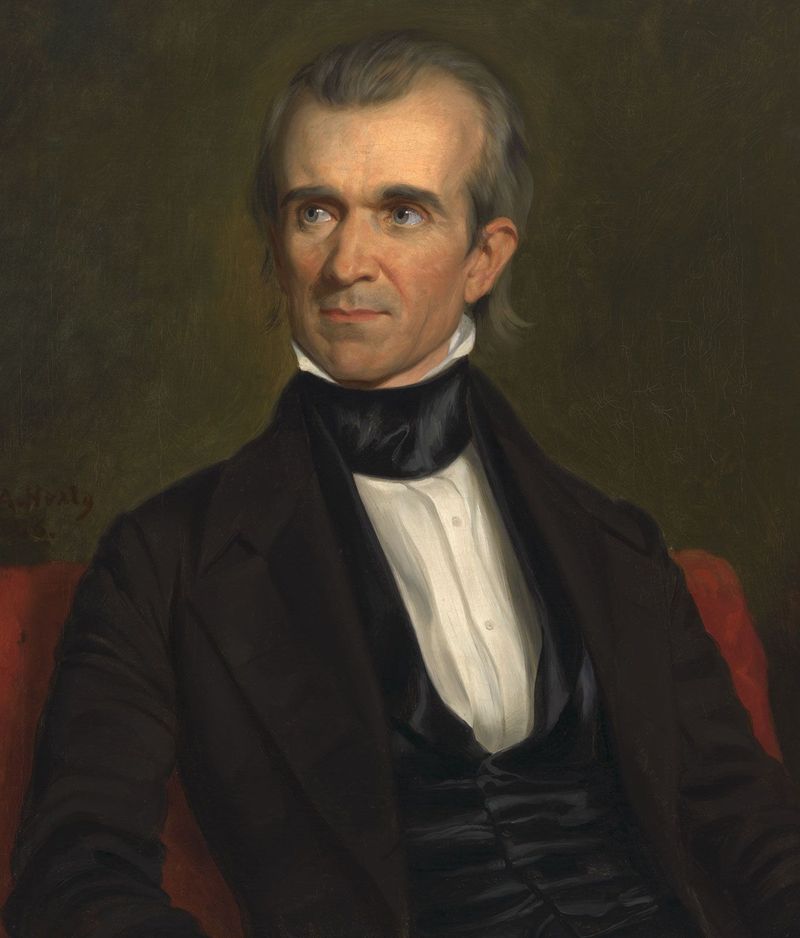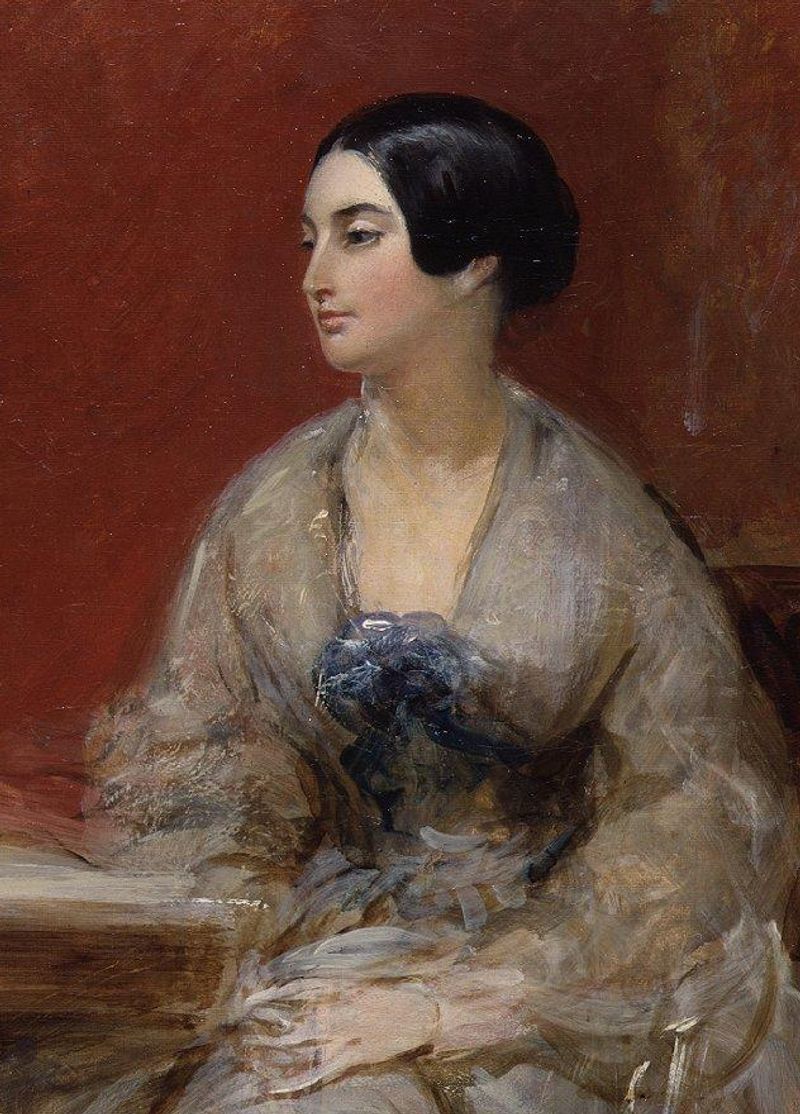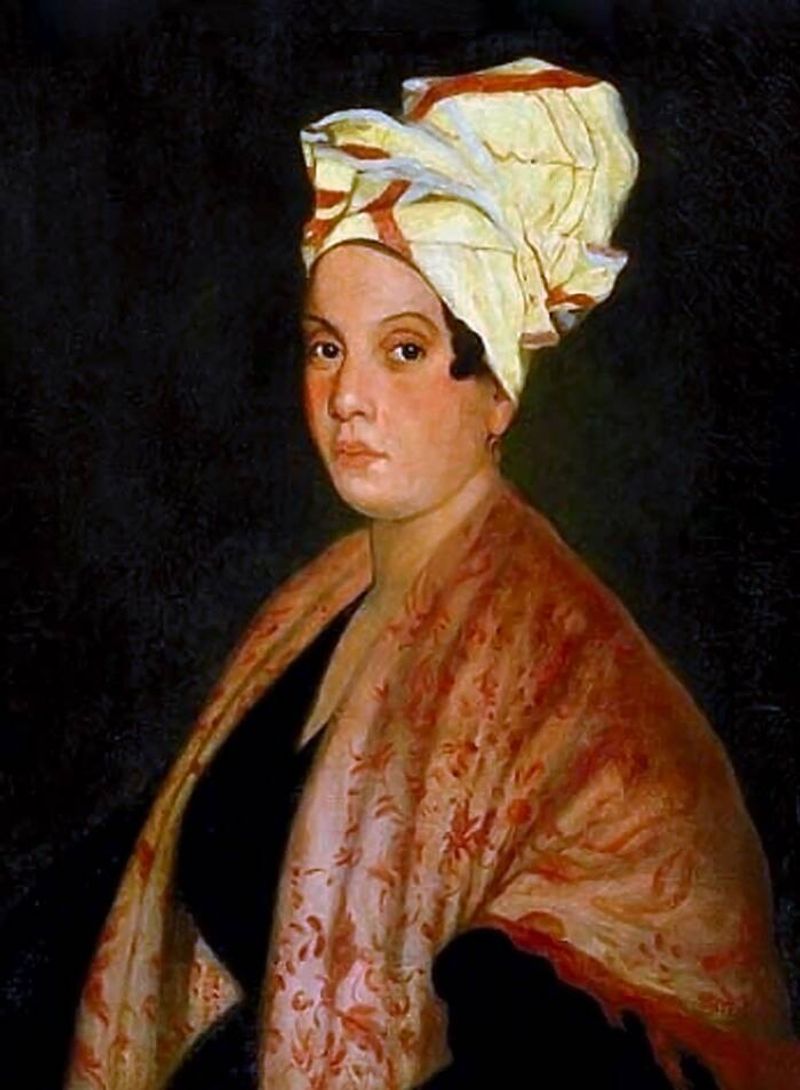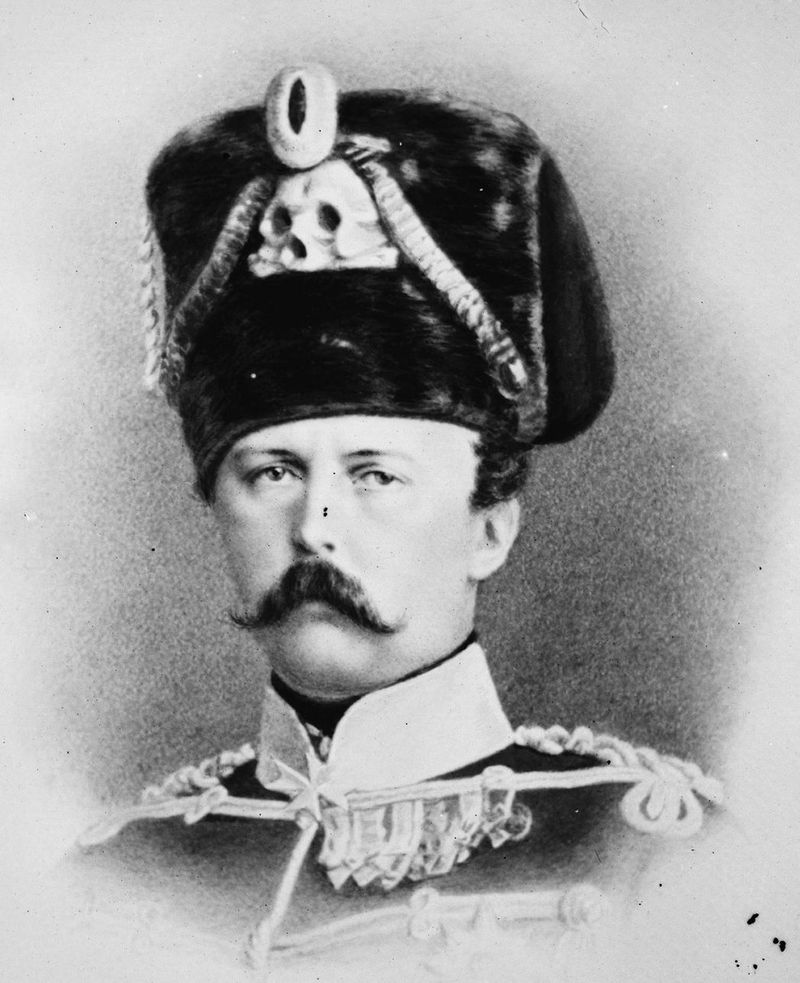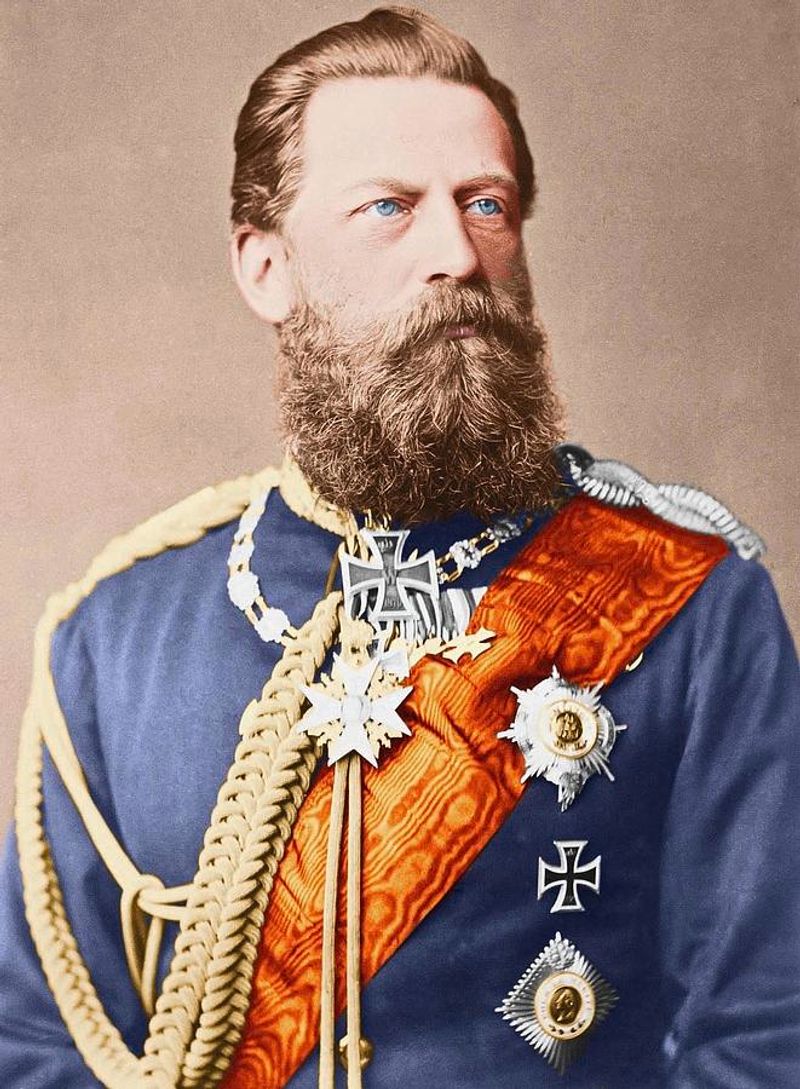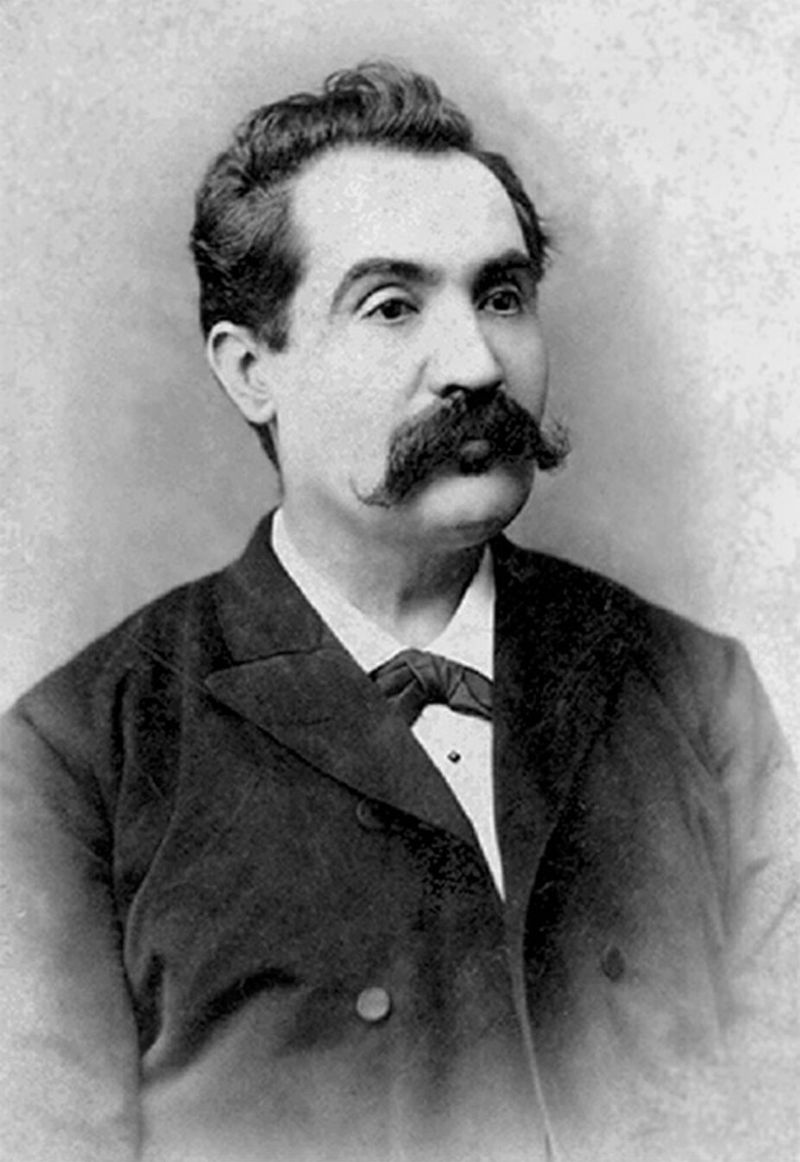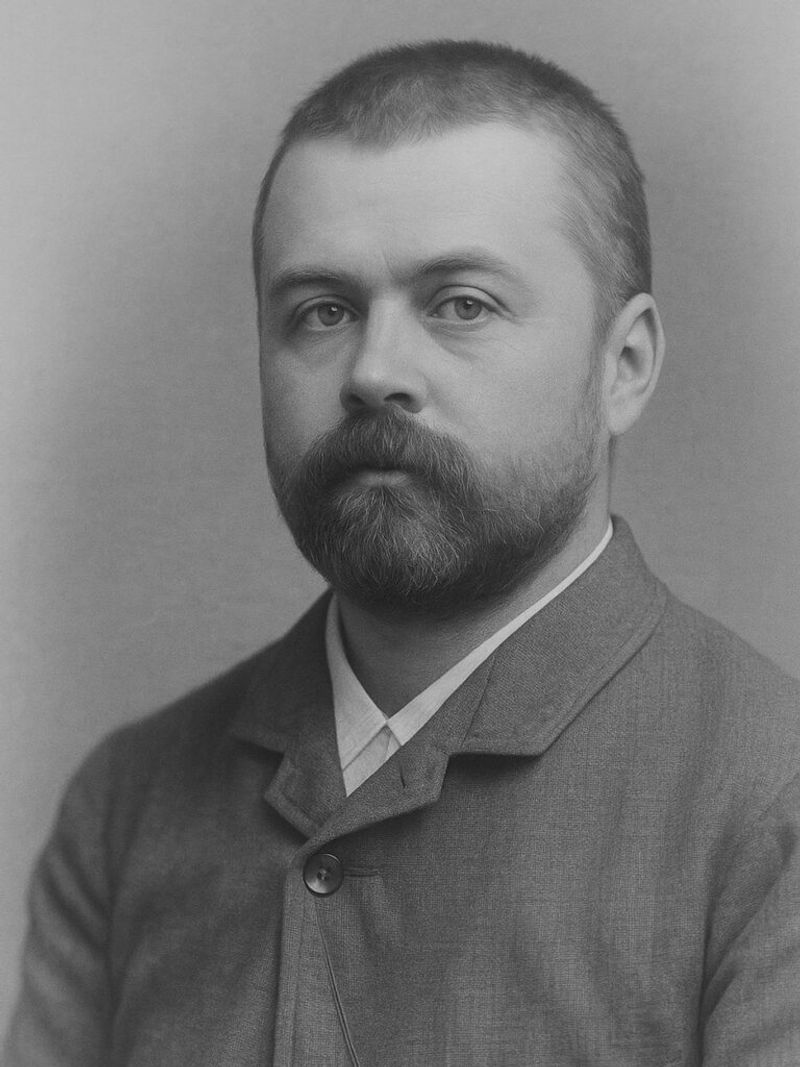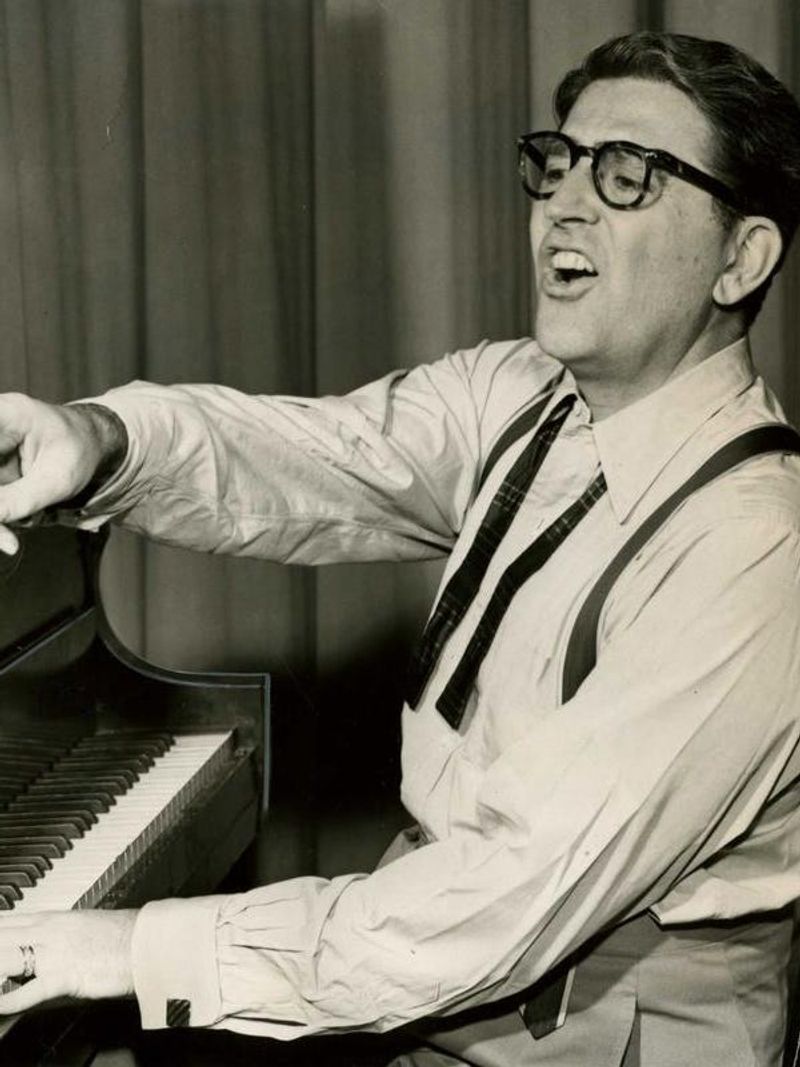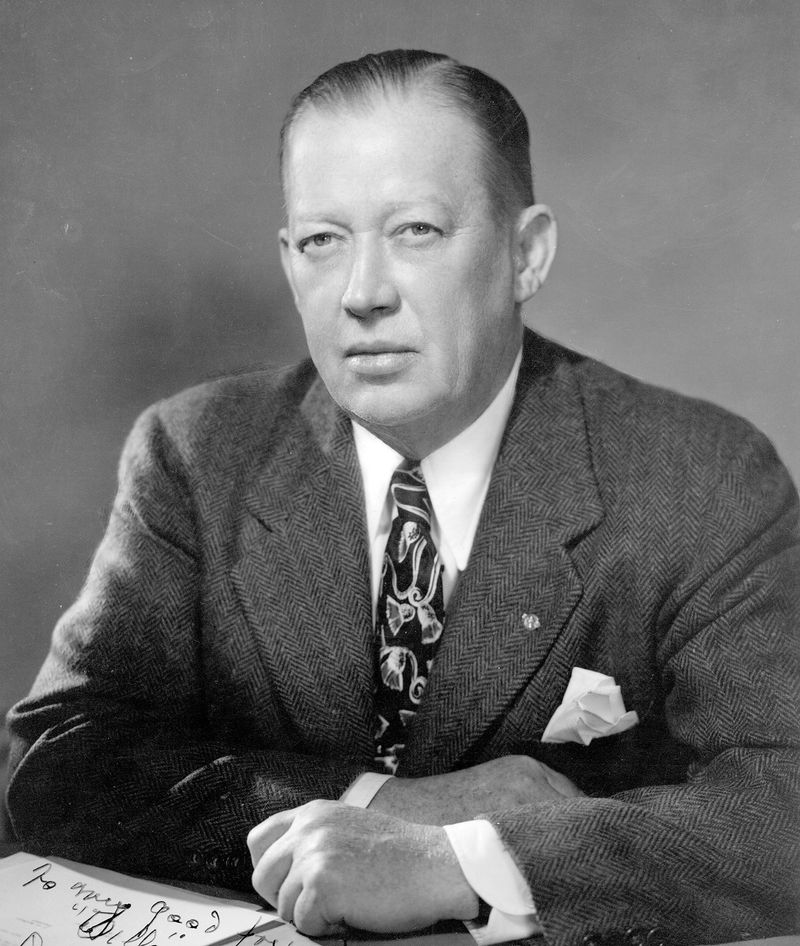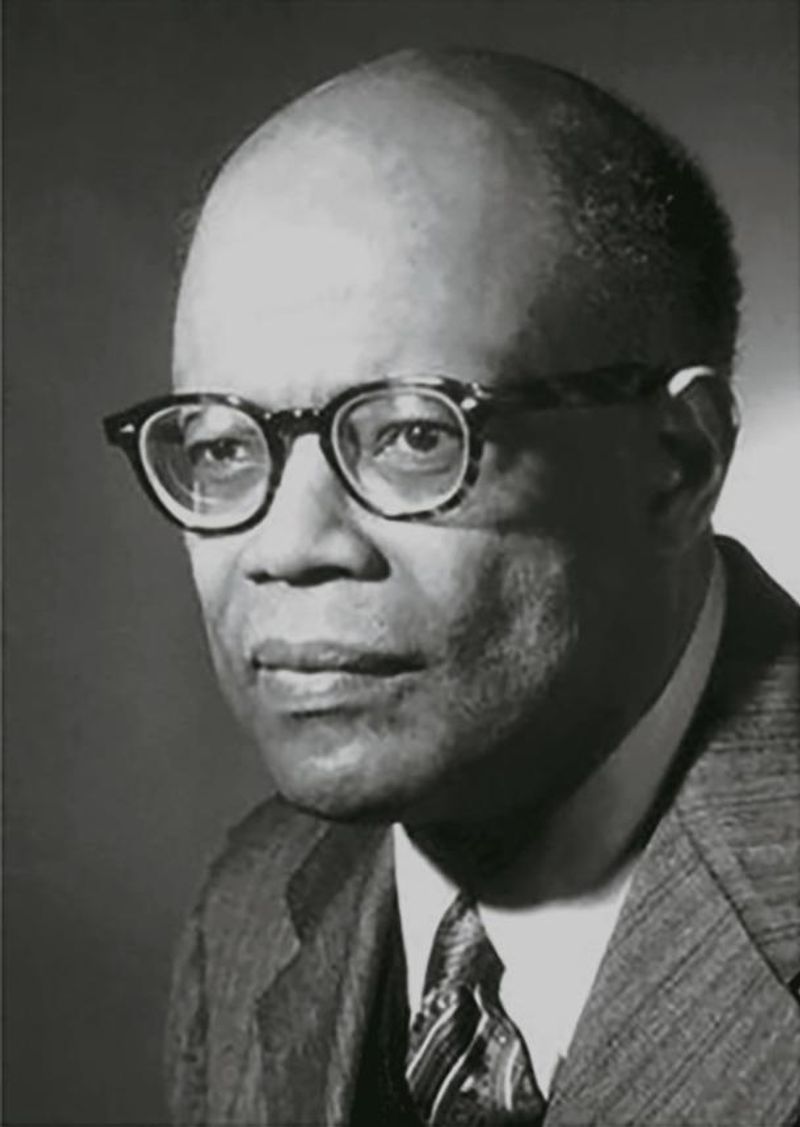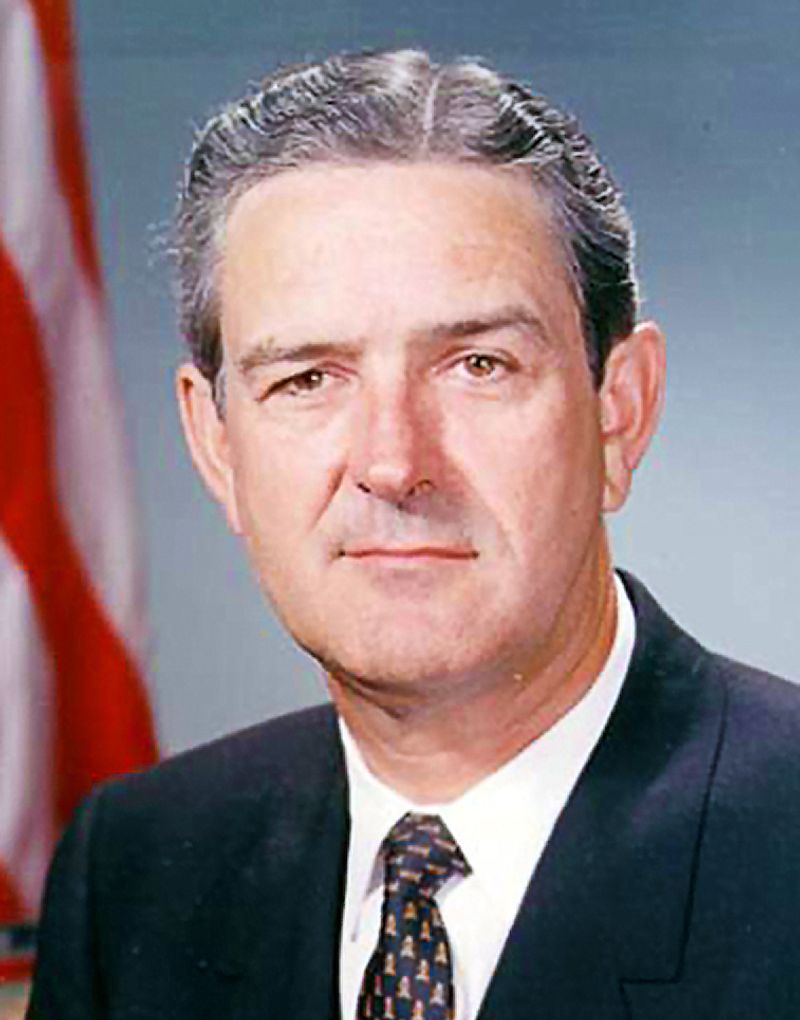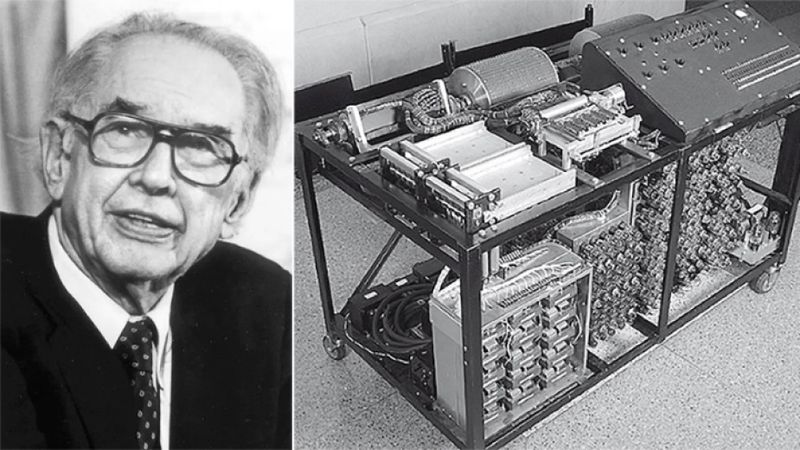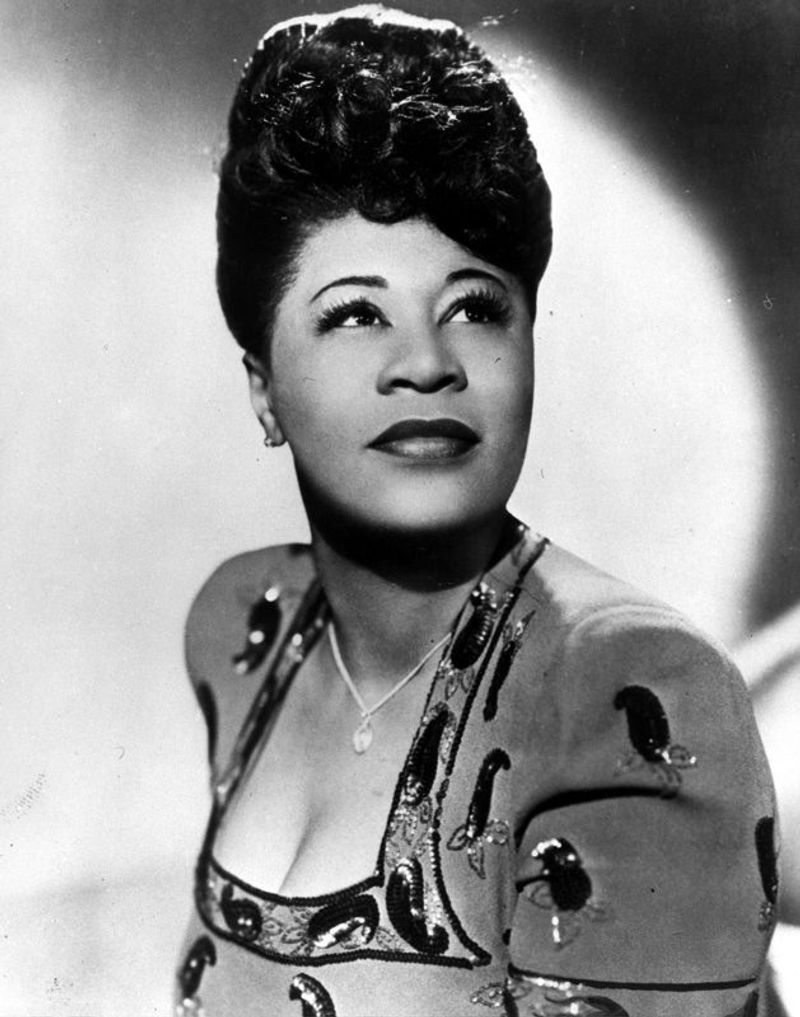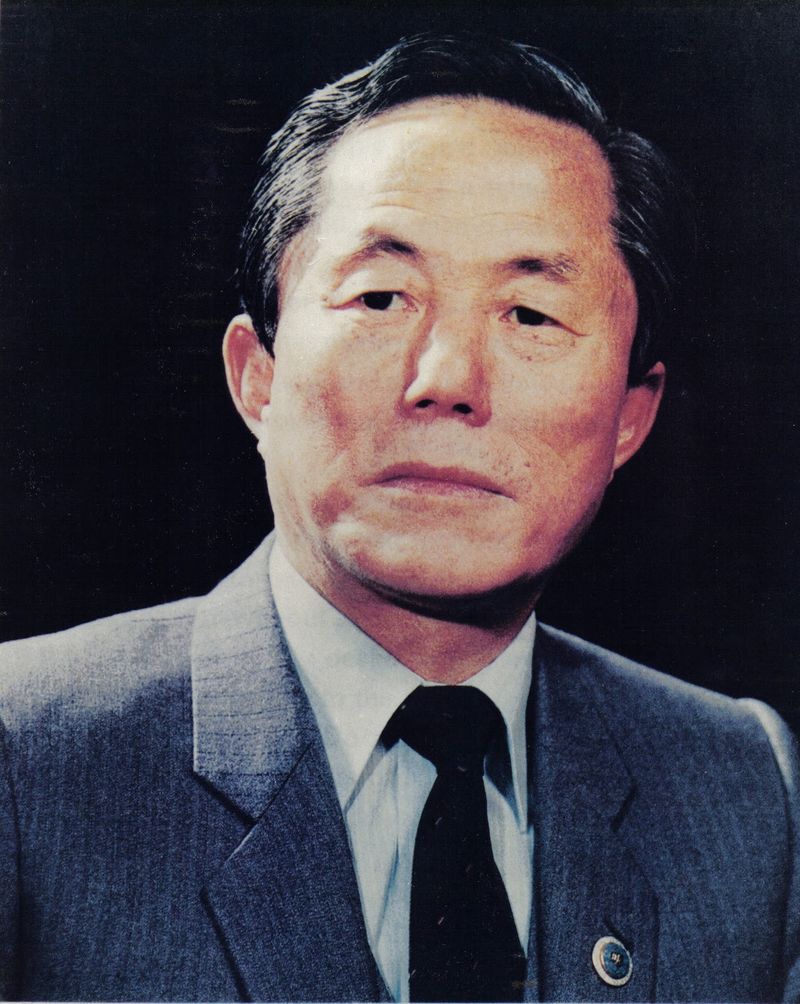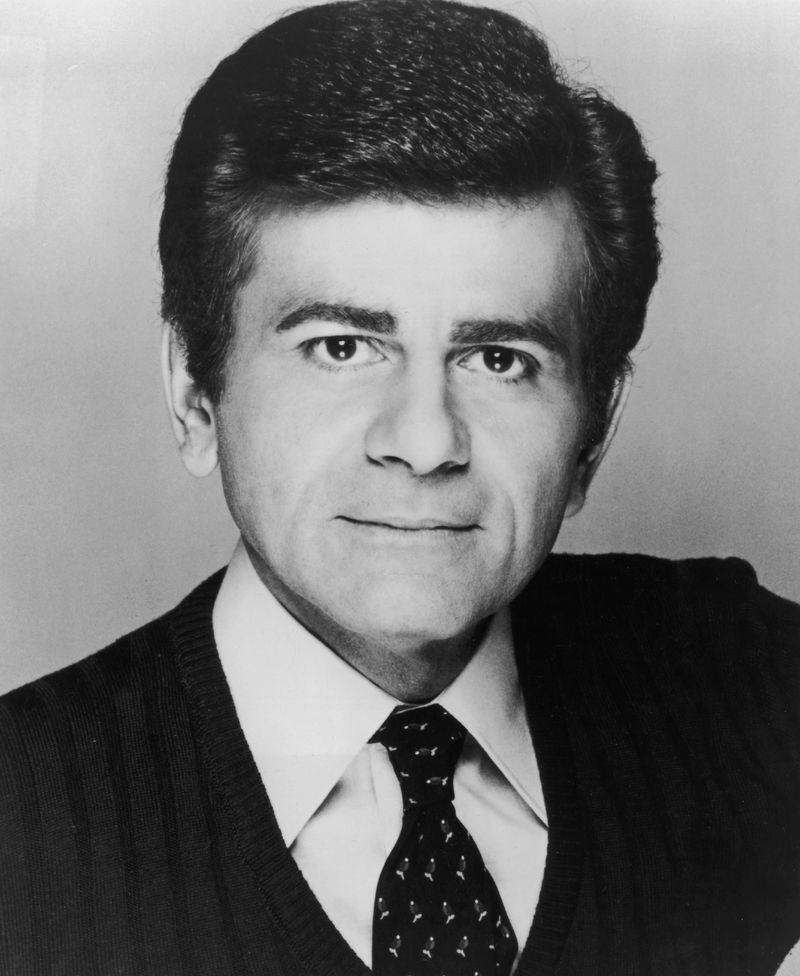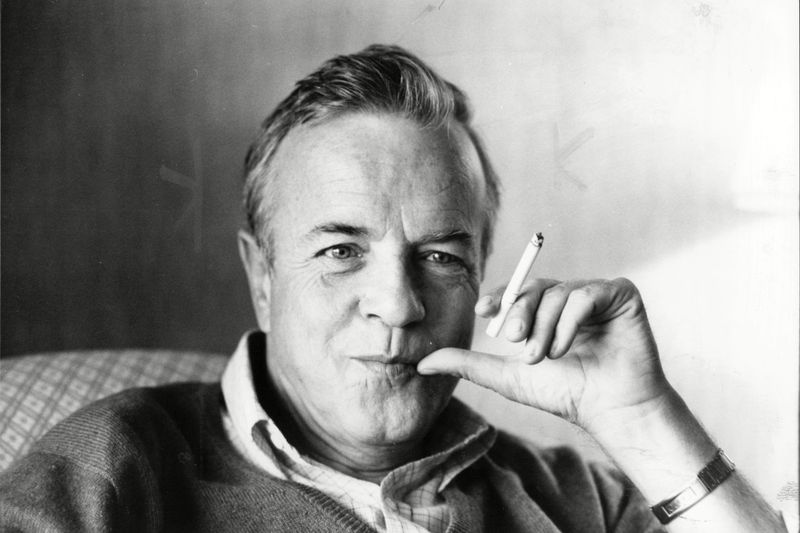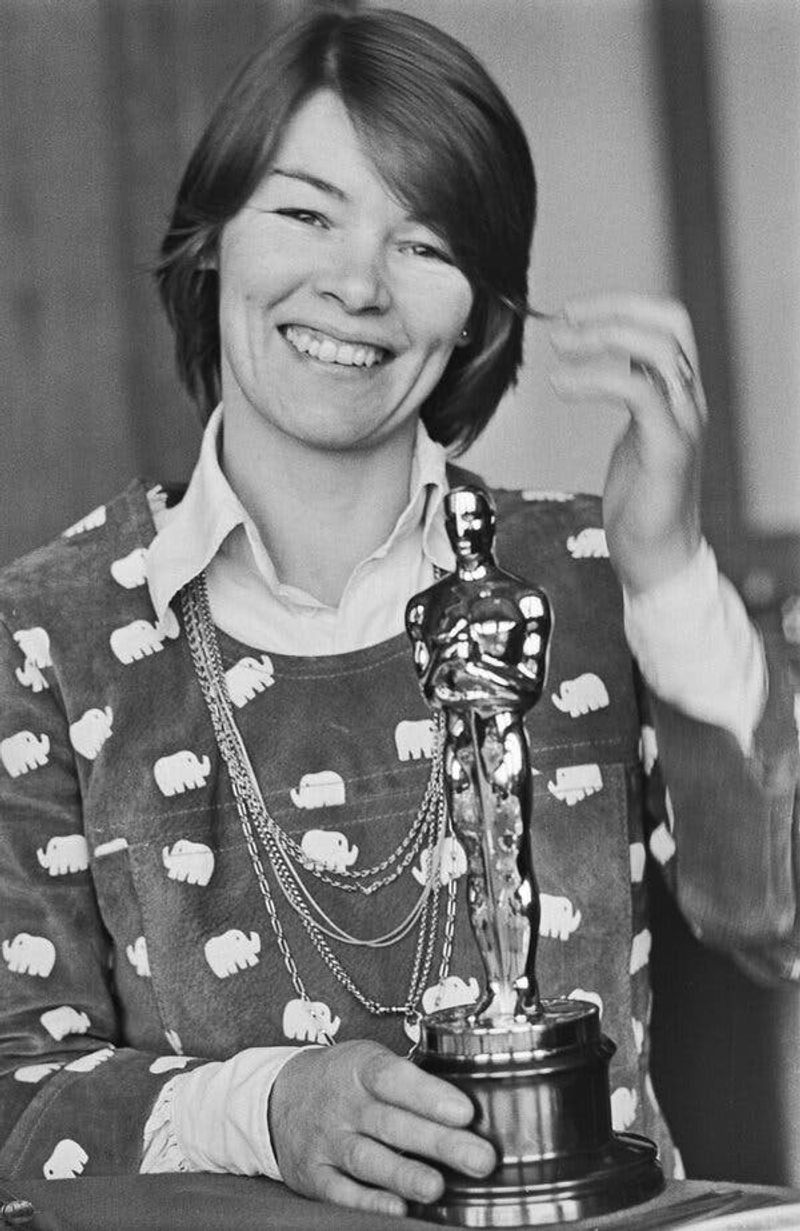On June 15th, we remember the extraordinary individuals who left an indelible mark on history. From kings and poets to scientists and artists, these 23 remarkable lives ended on this day but their legacies continue to inspire.
1. Minamoto no Yoshitsune, Japanese samurai commander, 1189
Minamoto no Yoshitsune remains one of Japan’s most celebrated samurai commanders. Renowned for his tactical brilliance, Yoshitsune played a pivotal role in the Genpei War, leading to the rise of the Minamoto clan. His legendary exploits include the daring crossing at the Battle of Uji. Despite his battlefield successes, he faced political intrigue and betrayal. Yoshitsune’s tragic end, forced to commit seppuku, only enhanced his mythic status. His story, immortalized in Japanese literature and drama, continues to captivate the imagination. Yoshitsune’s life exemplifies the ideals of bravery and honor in samurai culture.
2. Murad I, Ottoman sultan, 1389
Murad I was a transformative figure in the Ottoman Empire’s early expansions. As Sultan, he implemented significant administrative reforms and military innovations. His reign marked the beginning of Ottoman dominance in the Balkans. Murad’s strategic acumen was evident in battles such as the significant Battle of Kosovo. Tragically, he was assassinated on the battlefield, a testament to the perilous nature of leadership during this era. Murad I’s legacy is etched into the annals of history as a sultan who laid the groundwork for an empire that would endure for centuries.
3. Philip the Good, Duke of Burgundy, 1467
Philip the Good, Duke of Burgundy, was a patron of the arts and a pivotal statesman in the 15th century. His court became a center of culture and diplomacy. Under his rule, Burgundy reached its zenith in terms of power and influence. Philip’s adept negotiations and strategic marriages expanded his territories and secured alliances. He is remembered for founding the Order of the Golden Fleece, a prestigious chivalric order. Philip’s legacy is one of cultural flourishing and political astuteness. His contributions to art and politics left an indelible mark on European history.
4. Henry Howard (1st Earl of Northampton), English statesman, 1614
Henry Howard, the 1st Earl of Northampton, was an influential English statesman and scholar. Known for his intelligence and diplomatic skills, he played a key role in the Elizabethan and Jacobean courts. Howard’s contributions to architecture and education were significant, including the founding of Northumberland House. Despite controversies surrounding his political maneuvers, his legacy as a patron of the arts and education endures. His life was a testament to the complexities of court politics and the pursuit of knowledge. Henry Howard’s story is one of ambition, intellect, and cultural patronage.
5. James K. Polk, 11th U.S. President, 1849
James K. Polk, the 11th President of the United States, was a key figure in the era of Manifest Destiny. His presidency was marked by significant territorial expansion, including the annexation of Texas and acquisition of Oregon. Polk’s leadership during the Mexican-American War resulted in the U.S. gaining territories that would become California and New Mexico. Despite his successes, his administration faced criticism over its aggressive expansionist policies. Polk’s legacy is complex, reflecting both his accomplishments and the controversies they engendered. His tenure reshaped America’s landscape and left a lasting imprint on its history.
6. Caroline Norton, English social-reform writer, 1877
Caroline Norton was a formidable figure in 19th-century social reform. As a writer and advocate, she campaigned for women’s rights, particularly in marriage and child custody. Her personal struggles informed her work, leading to significant legal reforms, including the Custody of Infants Act. Norton’s writings highlighted societal injustices and influenced the legal landscape of her time. Despite facing societal resistance, she persevered in her quest for justice. Caroline Norton’s life is a testament to resilience and advocacy, inspiring future generations of feminists. Her legacy endures in the annals of social reform history.
7. Marie Laveau, American Voodoo priestess, 1881
Marie Laveau, the legendary Voodoo priestess of New Orleans, remains an enigmatic and influential figure. Known for her spiritual practices, she wielded considerable power in the city’s cultural and religious life. Laveau’s influence extended beyond her rituals; she was a healer, confidante, and community leader. Her legacy is shrouded in mystery and folklore, contributing to her mythical status. Marie’s life was characterized by a blend of African, Native American, and European traditions. She remains a symbol of New Orleans’ rich cultural tapestry, and her story continues to captivate those intrigued by the mystical and the unknown.
8. Prince Friedrich Karl of Prussia, German general-prince, 1885
Prince Friedrich Karl of Prussia, known as the “Red Prince,” was a distinguished military leader and member of the Prussian royal family. His military career was marked by notable victories in the Austro-Prussian and Franco-Prussian Wars. Friedrich Karl’s strategic prowess and leadership earned him respect and admiration. Beyond his military accomplishments, he was a patron of the arts and sciences. His contributions to the modernization of the Prussian army are well-documented. Prince Friedrich Karl’s legacy is one of military excellence and cultural patronage, reflecting the dynamic nature of 19th-century European nobility.
9. Frederick III, German Emperor, 1888
Frederick III, the German Emperor and King of Prussia, is remembered for his brief but impactful reign. Ascending the throne during a time of relative peace, Frederick championed liberal reforms and modernization. His vision for a more progressive Germany was cut short by his untimely death from throat cancer, after only 99 days as emperor. Despite his short reign, Frederick’s ideals influenced the German Empire’s trajectory. His legacy as a liberal monarch remains a poignant reminder of what might have been. Frederick III’s life is emblematic of potential unrealized, yet his aspirations continue to inspire.
10. Mihai Eminescu, Romanian national poet, 1889
Mihai Eminescu, Romania’s national poet, is celebrated for his profound contributions to Romanian literature. His poetry, characterized by its romantic and philosophical nature, explored themes of love, nature, and national identity. Eminescu’s work resonated deeply with the Romanian people, earning him a revered place in their cultural heritage. Despite facing personal struggles and a tragic early death, his literary legacy endures. His masterpiece, “Luceafărul,” remains a cornerstone of Romanian poetry. Eminescu’s influence extends beyond literature, symbolizing the spirit of Romanian national consciousness and artistic expression.
11. Carl Wernicke, German neurologist, 1905
Carl Wernicke, a pioneering German neurologist, made significant contributions to the understanding of brain function. His research into aphasia led to the identification of Wernicke’s area, a critical region for language comprehension. Wernicke’s work laid the foundation for modern neurology and cognitive science. Despite the challenges of his time, he pursued a deeper understanding of the brain’s complexities. Tragically, his life was cut short in a cycling accident. Carl Wernicke’s legacy endures in the field of neuroscience, where his insights continue to influence research and clinical practice. His contributions remain pivotal to our understanding of the human brain.
12. Wendell Meredith Stanley, American Nobel-winning biochemist, 1971
Wendell Meredith Stanley was a trailblazing biochemist whose work on virus chemistry earned him a Nobel Prize. His groundbreaking research on the tobacco mosaic virus laid the groundwork for molecular biology. Stanley’s dedication to science was matched by his ability to inspire others in the field. He advocated for the integration of chemistry and biology, paving the way for interdisciplinary research. His legacy includes not only his scientific contributions but also his impact on the scientific community. Stanley’s work continues to influence virology and biochemistry, reflecting the enduring value of his insights.
13. Meredith Willson, American composer (“The Music Man”), 1984
Meredith Willson, the creative genius behind “The Music Man,” was a celebrated composer and playwright. His work captured the spirit of Americana, blending humor and heart in unforgettable melodies. Willson’s contributions to musical theatre include timeless classics that continue to enchant audiences. Beyond composing, he was a skilled conductor and radio personality. His career spanned several decades, leaving an indelible mark on American music. Willson’s legacy is one of creativity and charm, reflected in his enduring compositions. His story is a testament to the power of music to uplift and entertain.
14. “Happy” Chandler, U.S. politician & MLB commissioner, 1991
Albert Benjamin “Happy” Chandler was a multifaceted American figure, known for his roles in politics and baseball. As Kentucky governor and U.S. senator, he championed progressive reforms. Chandler’s tenure as MLB commissioner was equally notable; he oversaw the breaking of baseball’s color barrier with Jackie Robinson’s debut. His leadership and vision brought transformative change to the sport. Chandler’s legacy is one of courage and foresight, bridging the worlds of politics and athletics. His contributions continue to resonate in American society, reflecting a life dedicated to public service and inclusion.
15. Sir Arthur Lewis, Saint Lucian economist & Nobel laureate, 1991
Sir Arthur Lewis, a pioneering economist from Saint Lucia, reshaped the field of development economics. His groundbreaking work on economic development in poor countries earned him a Nobel Prize. Lewis’s theories emphasized the importance of industrialization and investment in human capital. His insights influenced policymakers worldwide, contributing to significant economic reforms. Beyond his research, Lewis was a dedicated educator and advocate for social justice. His legacy is one of intellectual rigor and transformative impact. Sir Arthur Lewis’s contributions continue to guide economic thought and policy, inspiring future generations of economists.
16. James Hunt, British Formula 1 champion driver, 1993
James Hunt, the charismatic British Formula 1 driver, captivated fans with his daring style and flamboyant personality. Known for his rivalry with Niki Lauda, Hunt’s 1976 World Championship win remains legendary. His career was marked by thrilling victories and dramatic moments on and off the track. Hunt’s legacy extends beyond racing; he became a popular commentator and ambassador for the sport. His life was a blend of speed, charisma, and controversy. Hunt’s story is a reminder of the excitement and unpredictability that define Formula 1, capturing the imagination of motorsport enthusiasts worldwide.
17. John Connally, U.S. politician & Texas governor, 1993
John Connally, a prominent Texas politician, played a significant role in American political history. Serving as Texas governor and U.S. Secretary of the Treasury, he navigated the complexities of state and national governance. Connally was notably in the car during President Kennedy’s assassination, surviving with injuries. His career spanned both Democratic and Republican parties, reflecting his political acumen and adaptability. Connally’s legacy is one of resilience and leadership, marked by pivotal moments in 20th-century history. His contributions to politics and public service continue to be remembered and studied.
18. John Vincent Atanasoff, American computer pioneer, 1995
John Vincent Atanasoff, a pioneering figure in computer science, developed the first electronic digital computer. His invention, the Atanasoff-Berry Computer, laid the groundwork for modern computing. Despite facing challenges in patent recognition, Atanasoff’s contributions were later acknowledged as foundational. His work represents a turning point in technology, leading to the digital age. Beyond his technical achievements, Atanasoff was a dedicated educator and advocate for innovation. His legacy is one of ingenuity and perseverance, inspiring future generations of computer scientists. Atanasoff’s story is a testament to the transformative power of human creativity.
19. Ella Fitzgerald, American jazz singer, 1996
Ella Fitzgerald, the “First Lady of Song,” enchanted audiences with her extraordinary vocal talent. Her career spanned six decades, during which she became a defining voice in jazz music. Known for her impeccable diction and improvisational ability, Fitzgerald’s performances were unforgettable. Her collaborations with legends like Louis Armstrong and Duke Ellington showcased her versatility and artistry. Beyond her musical achievements, Ella was a trailblazer for African American artists, breaking barriers in the music industry. Her legacy remains a testament to the beauty and power of jazz, inspiring countless musicians and fans alike.
20. Choi Hong-hi, South Korean Taekwondo founder, 2002
Choi Hong-hi, a martial arts visionary, was instrumental in the development and promotion of Taekwondo. As its founder, he codified the martial art’s principles and techniques, spreading its practice worldwide. Choi’s dedication to promoting Taekwondo as a discipline of both physical and mental growth was unwavering. His efforts led to its recognition as an Olympic sport, solidifying its global presence. Choi’s legacy is one of innovation and cultural exchange, bridging Eastern martial arts with international audiences. His impact on martial arts and sports is profound, inspiring practitioners around the globe.
21. Casey Kasem, American radio icon, 2014
Casey Kasem, a beloved radio personality, was the iconic voice of “American Top 40.” His warm and engaging style made him a household name, connecting listeners to the music they loved. Kasem’s influence extended beyond radio; he was also a successful voice actor, known for characters like Shaggy in “Scooby-Doo.” His dedication to entertainment and broadcasting set a standard for future generations. Casey’s legacy is one of passion and connection, transcending media boundaries. His contributions to radio and popular culture remain cherished by audiences worldwide, reflecting the enduring power of voice and storytelling.
22. Franco Zeffirelli, Italian film & opera director, 2019
Franco Zeffirelli, a visionary director, was renowned for his work in film and opera. His productions, marked by their grandeur and emotional depth, captivated audiences globally. Zeffirelli’s adaptations of Shakespearean plays remain iconic, showcasing his ability to blend classical storytelling with cinematic innovation. His commitment to the arts extended to opera, where he brought traditional works to life with fresh perspectives. Zeffirelli’s legacy is one of artistic excellence and cultural enrichment. His contributions to film and opera continue to inspire creators and audiences, reflecting a life dedicated to beauty and expression.
23. Glenda Jackson, English actress & MP, 2023
Glenda Jackson, an accomplished actress and politician, excelled in both the arts and public service. Her acting career was marked by powerful performances, earning her two Academy Awards. Jackson’s transition to politics saw her serve as a Member of Parliament, advocating for social justice and equality. Her ability to navigate both worlds with grace and conviction was remarkable. Glenda’s legacy is one of talent and determination, inspiring many women to pursue diverse careers. Her contributions to film, theater, and politics remain influential, reflecting a life dedicated to excellence and change.
